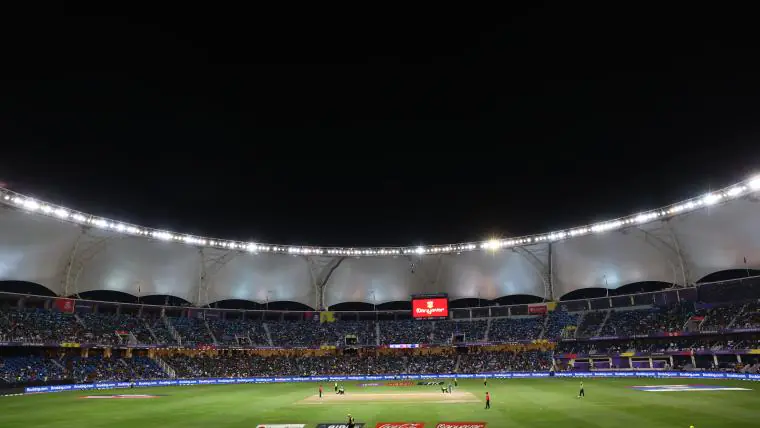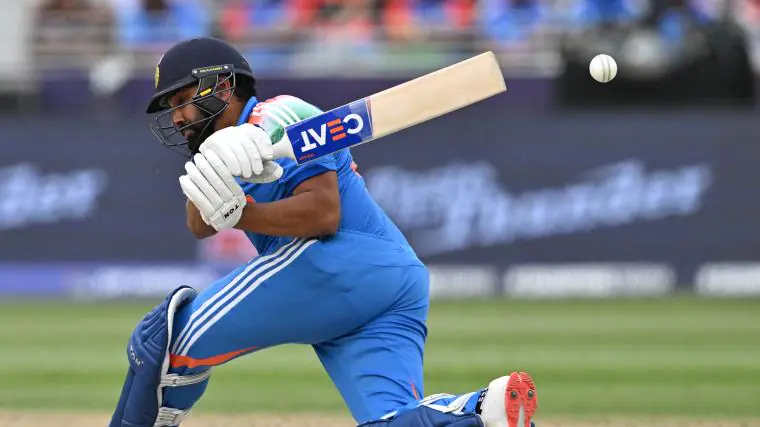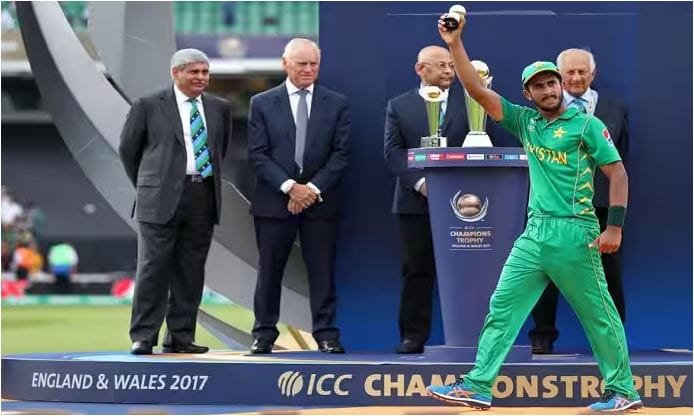
Indian journalist Shekhar Luthra recently emphasized that Pakistan must take a firm stance on the upcoming Champions Trophy 2025. He spoke to ARY News on Wednesday and explained that Pakistan’s decision regarding India’s participation in the event is crucial. According to Luthra, Pakistan should act decisively in how it responds to India’s participation and how it plans to host the tournament.
Luthra stressed that India had previously made compromises for Pakistan by playing in the 2016/17 series and the 2023 World Cup. Now, he argued, it is Pakistan’s turn to reciprocate. He urged Pakistan to take steps forward in a way that shows they are ready to meet India halfway for future tournaments.
He believes that taking a clear stance will help ensure fairness and keep the integrity of international cricket intact. Luthra remarked that if both countries don’t find common ground, tensions may continue to grow, and future tournaments could suffer as a result.
Political Pressure on Indian Cricket
Luthra also pointed out that political influences play a major role in the cricketing decisions of India. He mentioned that the current Indian government, which has strong political backing, uses anti-Muslim and anti-Pakistan rhetoric to gain votes. This, according to Luthra, affects the Board of Control for Cricket in India (BCCI) and its decisions about international cricket events, such as the Champions Trophy 2025.
He also highlighted that Jay Shah, the BCCI Secretary and son of Amit Shah, an important figure in the Indian government, has a significant influence over India’s cricketing decisions. Luthra believes this political connection complicates the situation for Pakistan as it faces these political barriers, making it difficult to establish cooperation between the two countries in cricket.
Luthra warned that Jay Shah is likely to become the head of the ICC in the near future. This, he argued, could lead to further challenges for international cricket. He suggested that this influence could have negative repercussions for cricket worldwide, as decisions would be based on politics rather than sport.
BCCI’s Influence on Indian Cricket
Luthra also criticized the BCCI for the increasing political interference in Indian cricket. According to him, this has led to a lack of accountability in the team’s performance. He specifically referred to the recent Test series defeat against New Zealand, where the Indian team was unexpectedly bowled out for low scores.
Luthra expressed his disappointment, stating that there were no consequences for the team’s performance because the BCCI is too politicized. He noted that players and coaches are not held responsible for their failures due to the growing influence of money and politics in the sport.
This, according to Luthra, is affecting the quality of the game in India. He believes that Indian cricket needs to refocus on the sport itself, rather than letting political matters dictate the direction of the game.
Calls for International Support for Pakistan
Lastly, Luthra urged other cricketing nations to support Pakistan in hosting the Champions Trophy 2025 on its soil. He stated that the world of cricket should back Pakistan’s efforts to hold the event. This, he argued, would help in countering the monopoly of one nation over the sport and give every cricket-loving nation a chance to contribute.
Luthra expressed his hope that there would be enough international support to pressure the International Cricket Council (ICC). This would help end the dominance of a single nation’s political influence over cricket. He called on other cricketing nations to stand by Pakistan and create a more inclusive environment for global cricket events.
Conclusion
Shekhar Luthra’s comments underline the complexities of hosting international cricket events amidst political pressures. While he calls for a principled stand from Pakistan, he also acknowledges the importance of international cooperation in overcoming these challenges. The Champions Trophy 2025 offers an opportunity for countries to come together, regardless of political differences, and focus on the game of cricket itself.
Check out the Champions Trophy Stats


